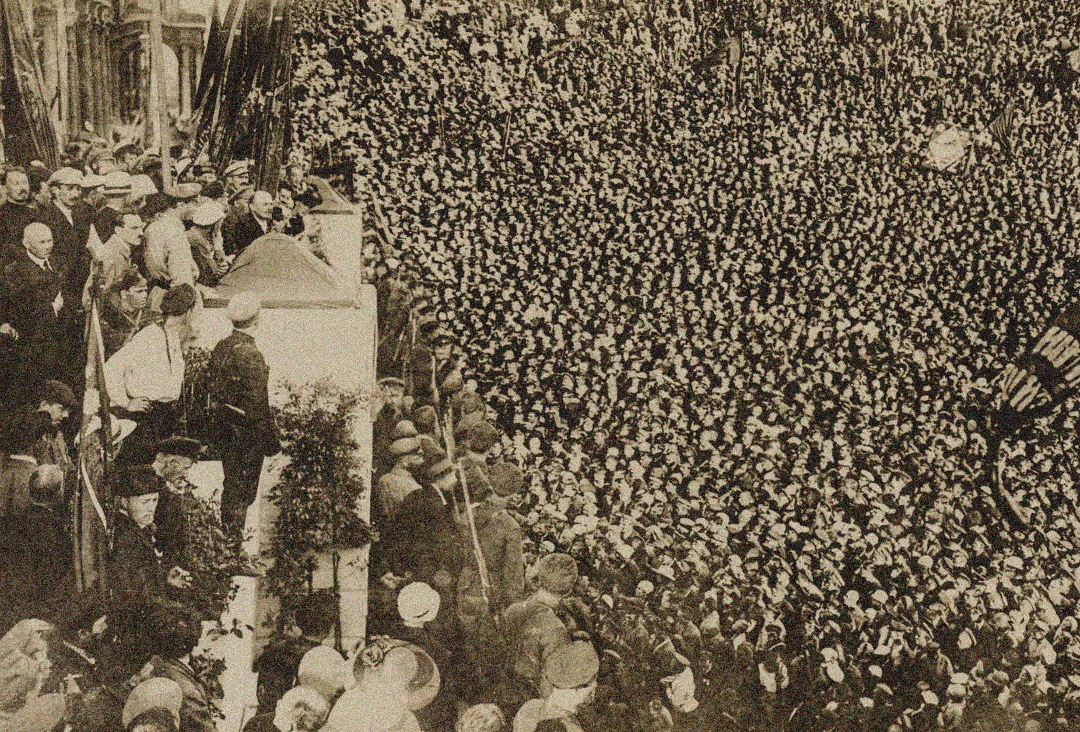Review of Travellers of the World Revolution: A Global History of the Communist International by Brigitte Studer (Verso Books, 2023)
The Communist International was conceived in March 1919 amid the siege conditions of revolutionary Russia, within weeks of Berlin’s Spartacist Uprising and the murders of Rosa Luxemburg and Karl Liebknecht. The Comintern’s twenty-four years of activity before its dissolution in 1943 were a historic high point for the rationally organized and transnationally coordinated pursuit of the overthrow of capitalism.
The Comintern was the third in the sequence of modern socialist internationals that began in 1864 with Karl Marx’s International Workingmen’s Association. Leon Trotsky declared in the new movement’s founding address that this would be “the International of open mass action, the International of revolutionary realization, the International of the deed.” That deed was to be world revolution. The global society we inhabit today lies strewn with the wreckage of the defeat of that vastly ambitious enterprise.
Revisiting the Comintern from the far side of its 1943 shuttering, one might see a vehicle always doomed to founder, sailing against the tide in a reactionary interwar conjuncture where incipient revolutionary-democratic mass politics became caught between the gears of imperialism, fascism, and Stalinism. For young communists in those electric years, however, the two, three, many Red Octobers that the Third International was charged with fostering — from Jakarta to Managua and from Emilia-Romagna to the Cape of Good Hope — appeared as a concrete, occasionally even imminent political prospect.
Their faith in the practicability of radical global…
Auteur: Owen Dowling

